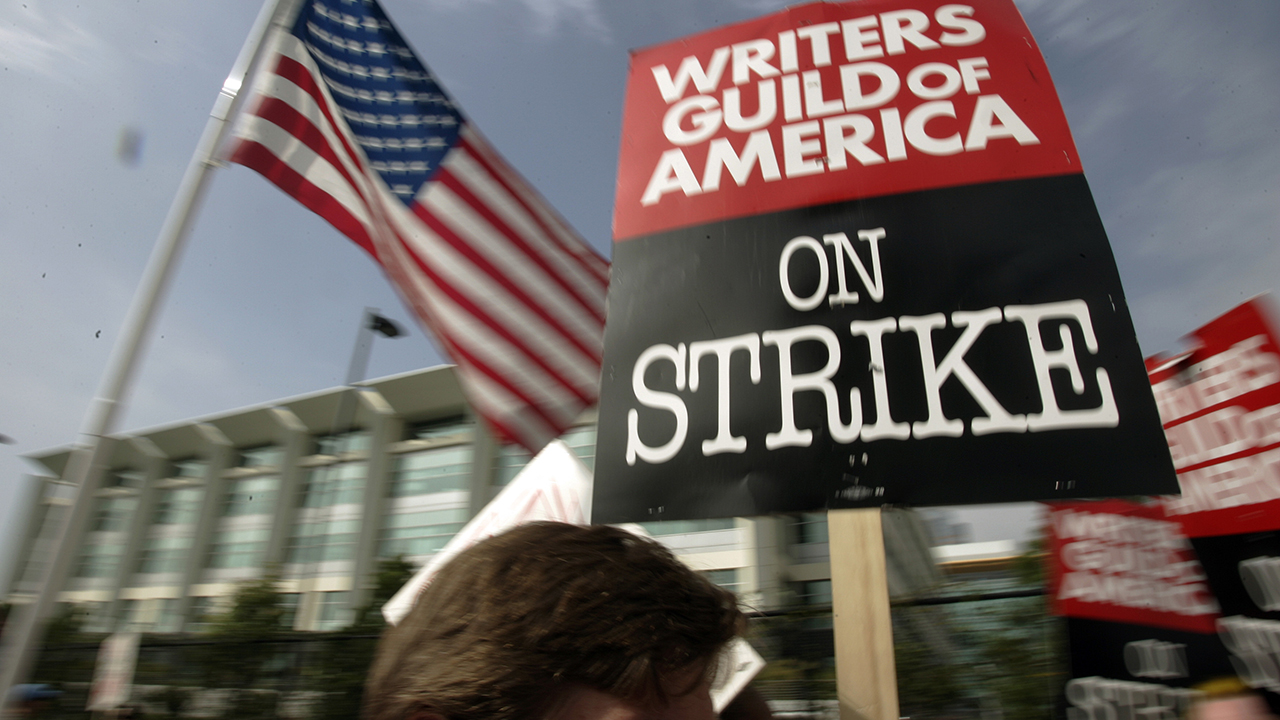Following days of marathon negotiations, the major film and television studios, along with the striking writers, have tentatively reached an agreement, according to the Writers Guild of America. This breakthrough offers a potential resolution to the historic work stoppage that has halted production and paralyzed much of Hollywood.
The Writers Guild of America expressed gratitude to its members, acknowledging that the gains made in this contract, particularly those since May 2nd, were a direct result of the membership’s willingness to exercise their power, demonstrate solidarity, endure the challenges of the past 146 days, and walk hand in hand. The strike’s leverage, combined with the remarkable support from fellow unions, compelled the companies to return to the negotiation table. The specific terms of the agreement have not been disclosed yet.
While the agreement still requires ratification by the more than 11,000 members of the Writers Guild of America, this development represents a significant turning point in the nearly five-month-long strike. It came close to surpassing the longest strike in WGA history, a 1988 strike that lasted 154 days.
The Writers Guild of America emphasized that the strike is not immediately over: “No one is to return to work until specifically authorized by the Guild. We are still on strike until then.” However, they announced the suspension of WGA picketing and encouraged members to support the actors’ strike instead this week.
SAG-AFTRA, the actors’ union, has also been on strike since mid-July, representing approximately 160,000 actors.
Both Hollywood strikes have been prolonged and costly, with an estimated nationwide economic impact of over $5 billion, affecting industries such as restaurants, service companies, and prop shops, resulting in staffing cuts. In New York, the disruption of 11 major productions led to a loss of $1.3 billion and 17,000 jobs, according to Empire State Development.
The Writers Guild of America may authorize its members to return to work before the agreement is officially ratified on Tuesday, potentially allowing writers to resume work in a matter of days, according to insiders.
Optimism remains high that the studios’ agreement with the writers will facilitate a deal with the actors as well. The decline in revenue from traditional linear television and the challenges posed by streaming services losing money, coupled with shorter seasons for streaming shows, have created difficulties for writers. Many writers, even those with awards, struggle to make a living due to reduced job opportunities and lower pay.
Writers are also concerned about the increasing use of artificial intelligence in production and are seeking safeguards to ensure that movies and shows continue to be written by humans rather than machines. The use of generative artificial intelligence in production was one of the final points of contention in the negotiations, according to a source familiar with the matter.
